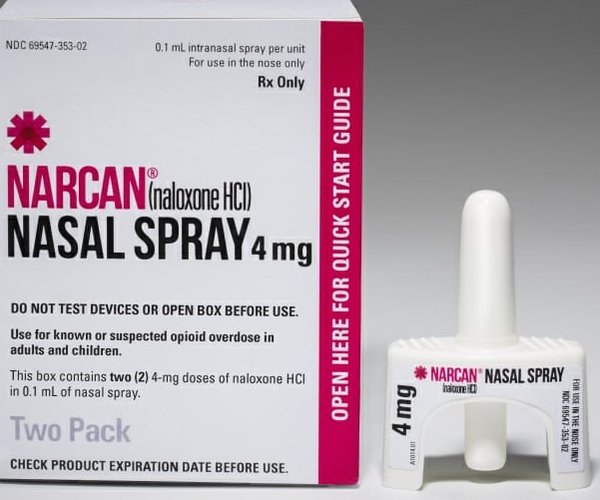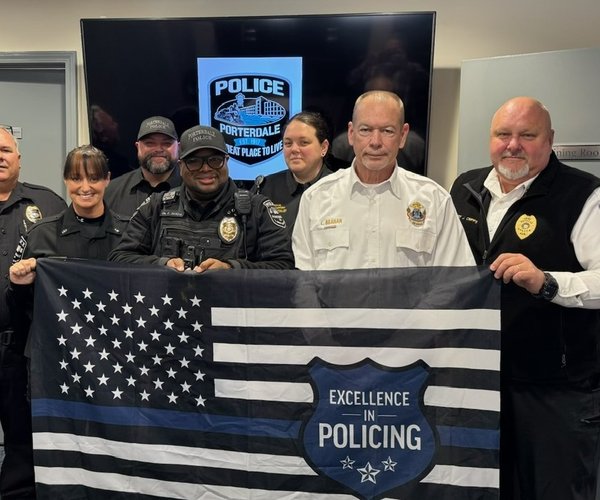Dennis Holman's crop is ready for market, though in his case, it's the fertilizer produced by his more than 1 million wriggling earthworms. The Georgia Red Wiggler Farm specializes in the raising of the Georgia Red Wiggler worm, or Eisenia fetida, an earthworm ideal for composting. The worm droppings, or castings, are used as fertilizer for natural farming.
The Red Wiggler Farm





